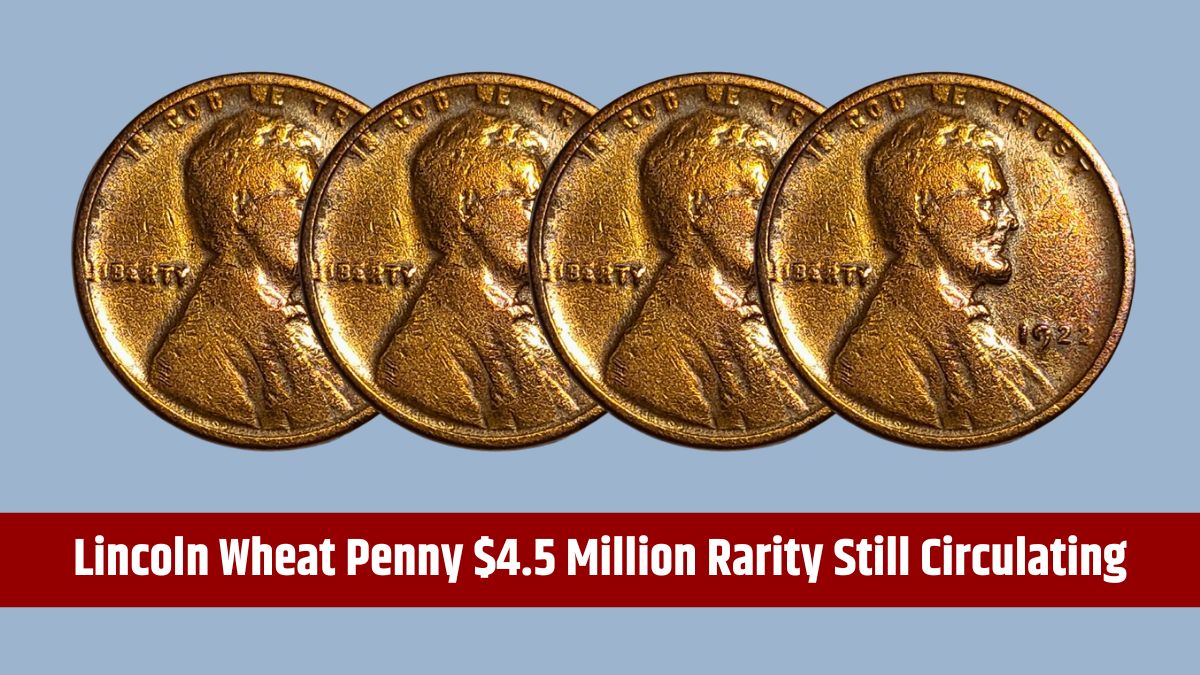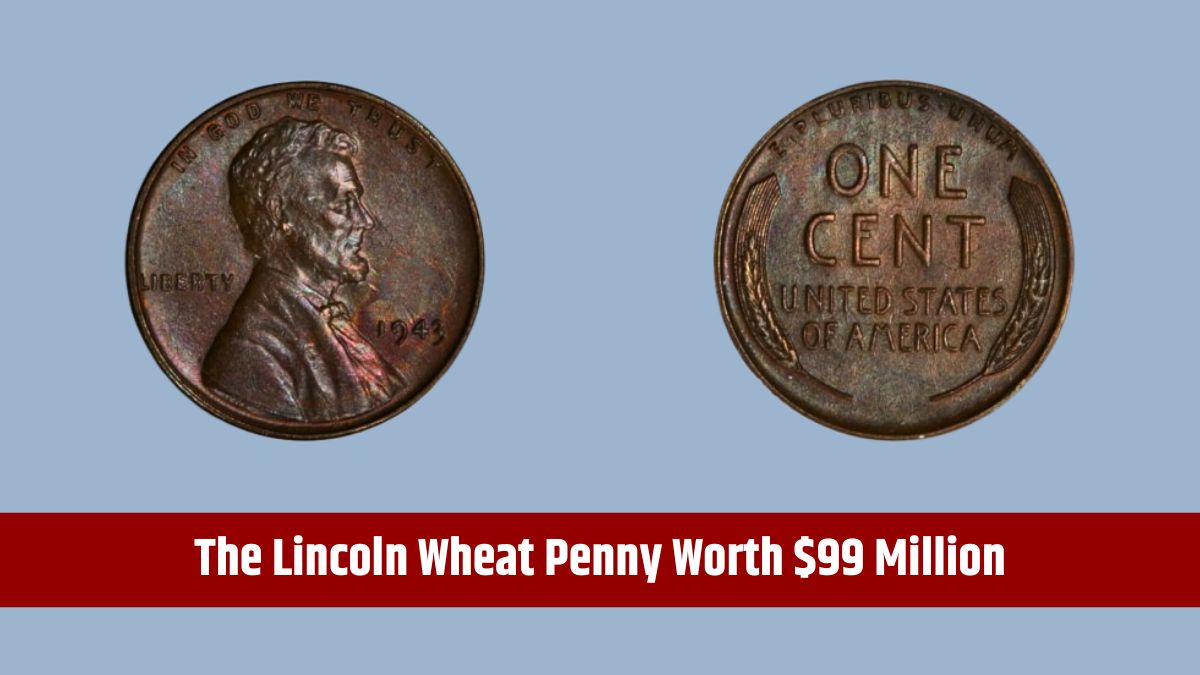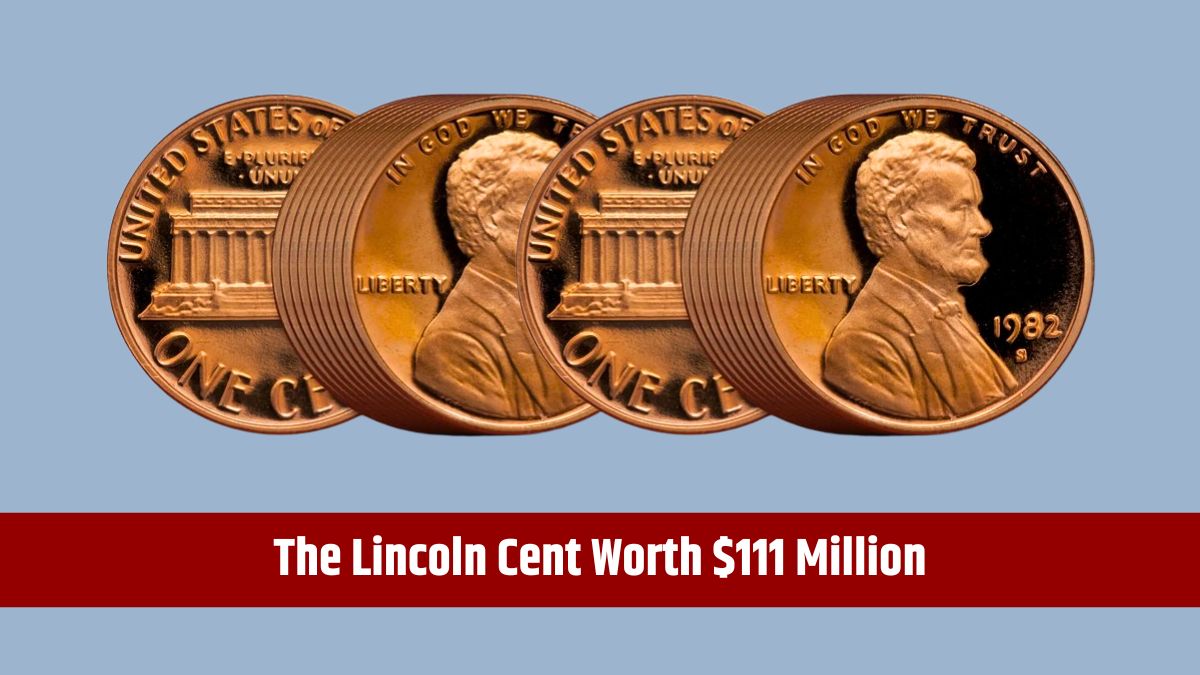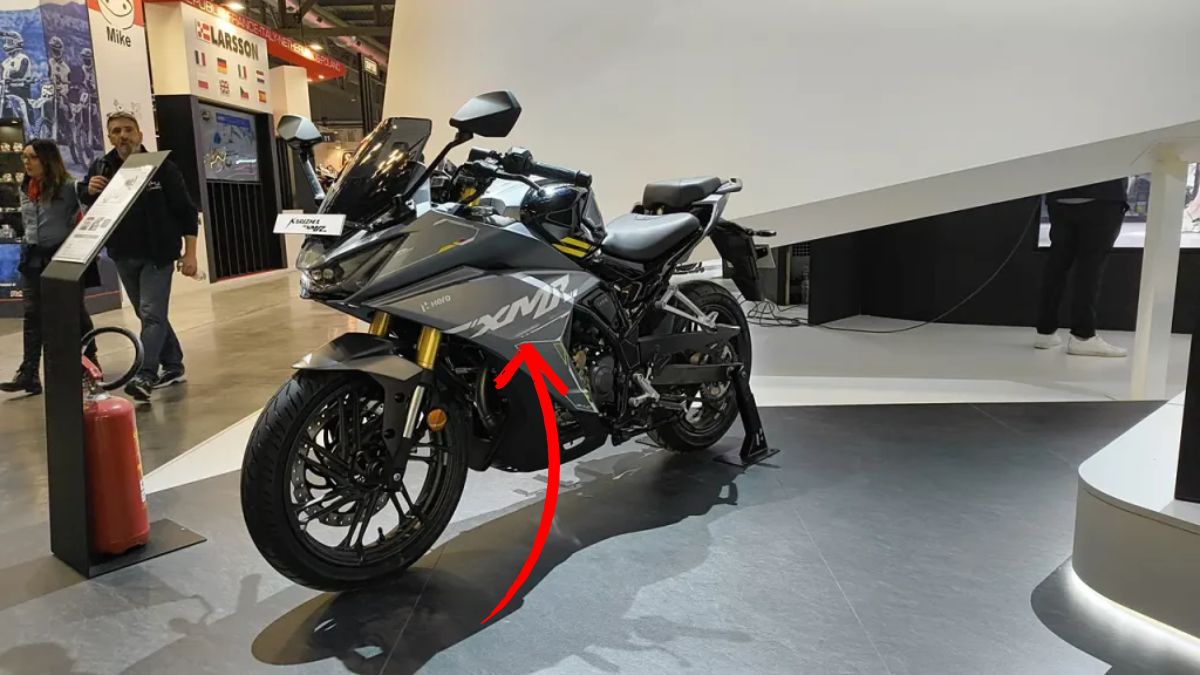Have you ever thought that a simple penny could be worth millions? Believe it or not, some rare coins, like the Lincoln Wheat Penny, hold astonishing value. One such penny is reportedly worth $4.5 million—and the most surprising part? It might still be in circulation! This means you could unknowingly have one of these valuable pennies in your pocket or piggy bank. Let’s look into the fascinating story behind this rare coin and what makes it so special.
Table of Contents
Lincoln
The Lincoln Wheat Penny was first introduced in 1909 to honor Abraham Lincoln, the 16th President of the United States. The coin features Lincoln’s profile on the front and two wheat stalks on the back, which is why it’s called the “Wheat Penny.” These pennies were minted until 1958, when they were replaced by the Lincoln Memorial design.
Over the years, certain Lincoln Wheat Pennies have gained immense value due to minting errors, rare production years, and limited numbers. The most valuable ones are those with unique misprints or extremely low circulation.
1943
Not all Lincoln Wheat Pennies are worth a fortune, but a few rare ones are highly sought after by collectors. The 1943 Bronze Lincoln Wheat Penny is one of the rarest and most valuable.
1943 Bronze Penny
In 1943, due to World War II, the U.S. Mint switched from copper to zinc-coated steel to save copper for war supplies. However, a few pennies were mistakenly minted in bronze (copper), making them incredibly rare. Experts estimate that only 15 to 20 of these bronze pennies exist today.
Extremely Rare and Valuable
Since very few were produced, these pennies are almost impossible to find.
- In 2010, a 1943 bronze penny sold for $1.7 million.
- Another one was recently valued at $4.5 million, making it one of the most expensive pennies ever.
Identify
Wondering if you might have one of these rare Lincoln Wheat Pennies? Here’s how to check:
Look at the Year
The most valuable Lincoln Wheat Penny is from 1943.
- If your 1943 penny is copper-colored (brown) instead of silver-colored (steel), it could be rare.
Use a Magnet
Steel pennies stick to a magnet, but copper pennies do not.
- If your 1943 penny does not stick to a magnet, it could be the rare bronze version.
Check the Mint Mark
The U.S. Mint produced Lincoln Wheat Pennies in three locations:
| Mint Location | Mint Mark |
|---|---|
| Philadelphia | No mint mark |
| Denver | D |
| San Francisco | S |
Some rare 1943 bronze pennies were minted in all three locations.
Get It Authenticated
If you believe you have a rare penny, take it to a professional coin grading service like PCGS (Professional Coin Grading Service) or NGC (Numismatic Guaranty Corporation).
Other
Besides the 1943 Bronze Penny, other Lincoln Wheat Pennies are also worth a lot:
| Year & Type | Estimated Value |
|---|---|
| 1909-S VDB Penny | Up to $100,000 |
| 1914-D Penny | $5,000 – $150,000 |
| 1922 No D Penny | Up to $50,000 |
| 1955 Double Die Penny | $1,500 – $125,000 |
Circulation
Could the $4.5 million penny still be out there? While most of these rare pennies are in the hands of collectors, some might still be in circulation. Over the years, many people unknowingly spent these valuable pennies as regular change. Since most people don’t check their coins closely, some rare ones could still be hiding in pocket change, piggy banks, or old collections.
If you ever find a 1943 Lincoln Wheat Penny, check its color and test it with a magnet. Who knows? You might be holding a small fortune.
FAQs
How much is a 1943 bronze penny worth?
A 1943 Bronze Lincoln Wheat Penny can be worth up to $4.5 million.
How can I tell if my 1943 penny is valuable?
Check if it’s copper-colored and doesn’t stick to a magnet.
Are all 1943 pennies valuable?
No, only the rare bronze ones. Most 1943 pennies are steel.
Where can I get my penny authenticated?
You can take it to PCGS or NGC for professional verification.
Could I still find a rare penny in circulation?
Yes, some rare pennies may still be out there in loose change.






